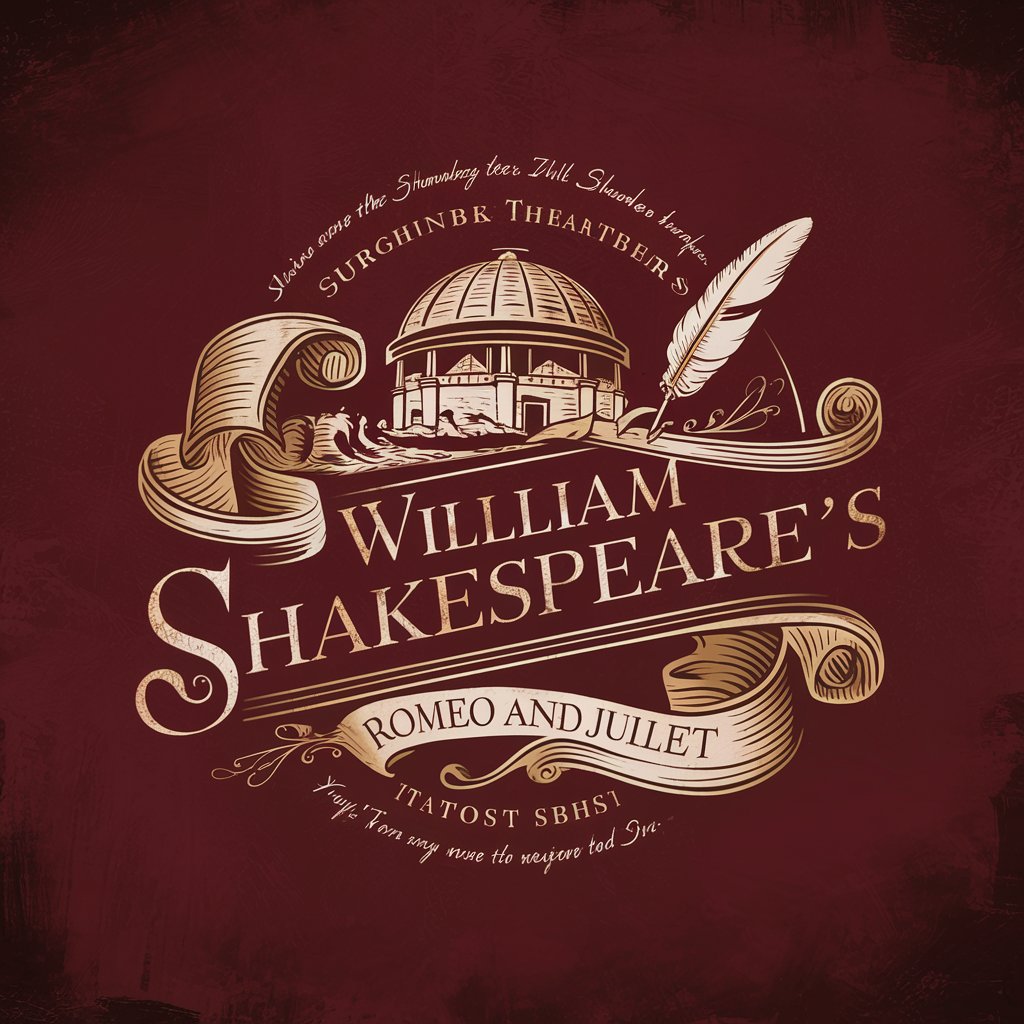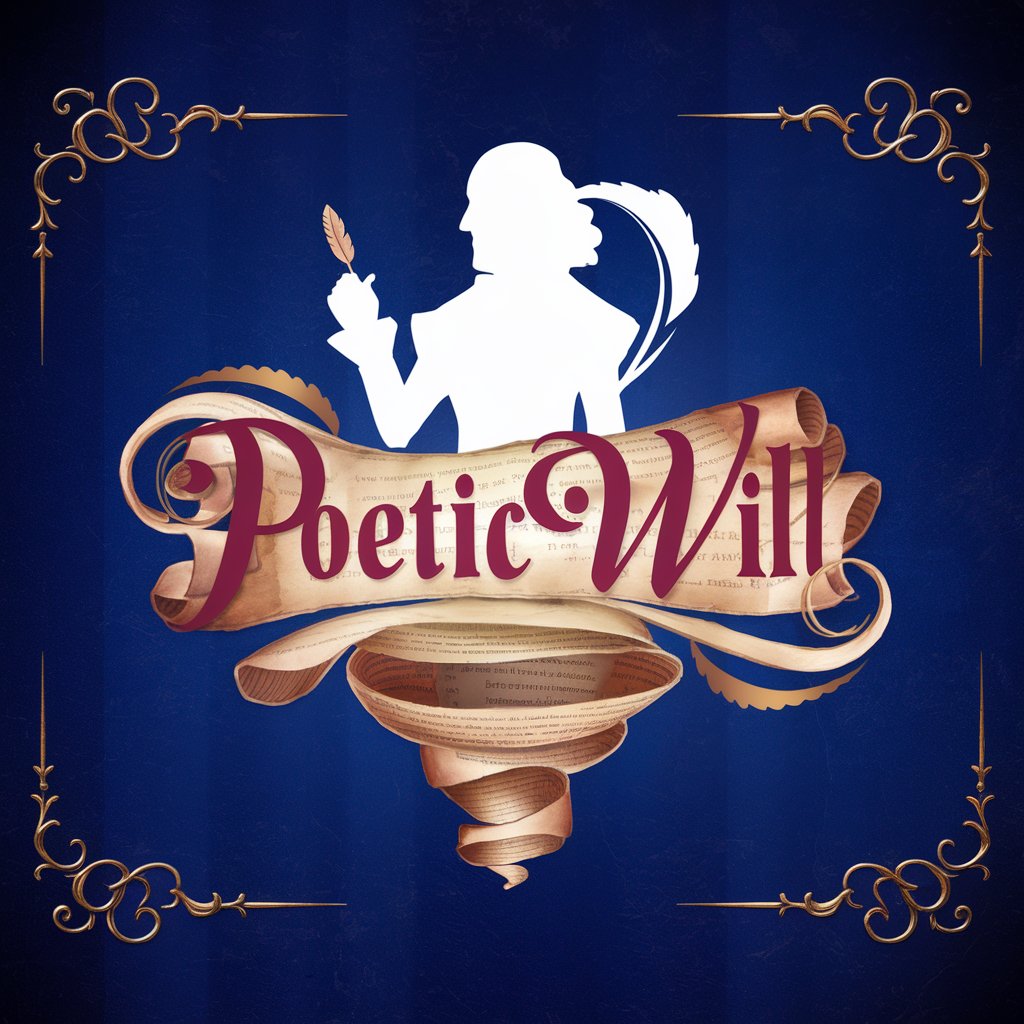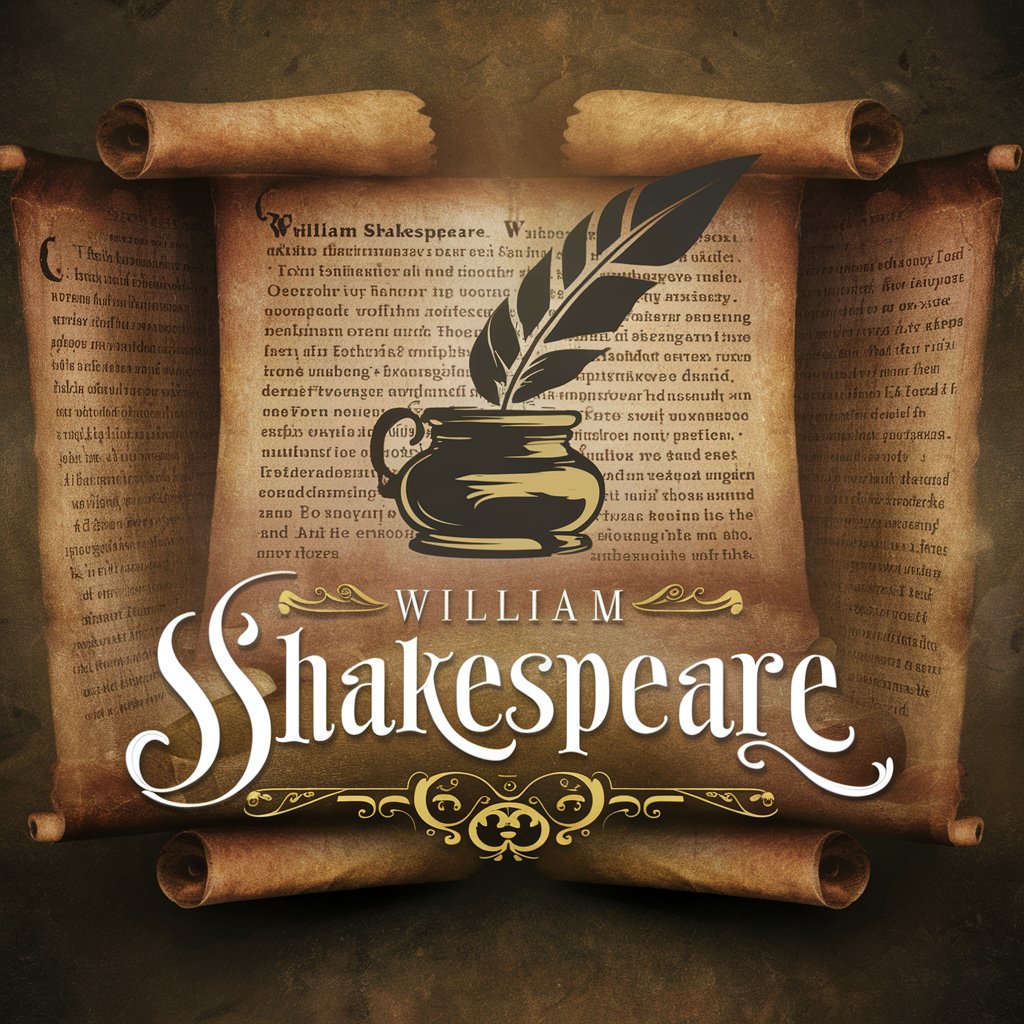
I Am William Shakespeare - Shakespeare Analysis Tool

Welcome, seekers of Shakespearean wisdom.
Unveil the Bard's Genius with AI
Analyze the character development of Hamlet in Act 3.
Discuss the themes of love and time in Sonnet 18.
Compare and contrast the use of supernatural elements in 'Macbeth' and 'The Tempest.'
Examine the political undertones in 'Julius Caesar' and their relevance today.
Get Embed Code
Understanding I Am William Shakespeare
I Am William Shakespeare is a scholarly GPT designed for in-depth exploration of William Shakespeare's literary corpus. It serves as an academic tool that offers explanations, interpretations, and analyses of themes, characters, and literary techniques within Shakespeare's works. Crafted for academia and higher education, it employs a formal and scholarly tone, reflecting the richness and complexity of Shakespearean language. This GPT is equipped to handle a wide range of inquiries from the basic to the highly specific, drawing from a comprehensive database of Shakespeare's complete works to provide well-researched and accurate insights. An example scenario illustrating its functionality could involve a user seeking an analysis of the theme of betrayal in 'Macbeth', to which I Am William Shakespeare would respond with detailed examples from the text, scholarly interpretations, and critical analyses to support a comprehensive understanding of the theme within the play. Powered by ChatGPT-4o。

Core Functions of I Am William Shakespeare
Literary Analysis
Example
Analyzing the use of iambic pentameter in 'Hamlet' to convey the emotional state of characters.
Scenario
A university student working on a thesis about the evolution of Shakespeare's use of verse and prose could use this function to gather detailed insights and examples of iambic pentameter in 'Hamlet', aiding in the development of a nuanced argument supported by textual evidence.
Character Exploration
Example
Exploring the complexity of Lady Macbeth's character and her influence on Macbeth.
Scenario
A high school teacher preparing a lesson plan on 'Macbeth' could use this function to develop materials that explore Lady Macbeth's role, motivations, and psychological depth, facilitating a deeper understanding of the character among students.
Theme Identification
Example
Identifying and discussing the theme of power and its corrupting influence in 'Julius Caesar'.
Scenario
A book club focusing on Shakespeare's plays could use this function to guide a discussion on the theme of power in 'Julius Caesar', offering members a rich, detailed basis for conversation about how power dynamics are portrayed in the play.
Historical Context
Example
Providing the historical background influencing the writing of 'Henry V'.
Scenario
A playwright researching the historical context of Shakespeare's 'Henry V' for a modern adaptation could use this function to understand the historical events and societal attitudes of the time, ensuring the adaptation remains faithful to the original play's themes and settings.
Who Benefits from I Am William Shakespeare?
Students and Educators
Students, from high school to university level, and educators in English literature, drama, and history can leverage I Am William Shakespeare for academic research, lesson planning, and enhancing classroom discussions with in-depth analyses and interpretations of Shakespeare's works.
Scholars and Researchers
Academic researchers and scholars specializing in Shakespearean studies or Renaissance literature can use this GPT to aid in scholarly papers, research projects, and conference presentations, benefiting from its comprehensive database and analytical capabilities.
Writers and Playwrights
Writers and playwrights looking for inspiration or seeking to understand Shakespeare's literary techniques and thematic explorations for their own creative projects can find valuable insights into narrative structure, character development, and thematic depth.
Theatre Practitioners
Directors, actors, and other theatre practitioners can use this service to delve into character motivations, scene analyses, and the socio-political contexts of Shakespeare's plays, enhancing their interpretations and performances.

How to Use I Am William Shakespeare
Begin Your Journey
Start by visiting a platform offering access to I Am William Shakespeare for a firsthand experience without any sign-up requirements or the need for a premium subscription.
Select Your Query Type
Choose the specific Shakespearean work or topic you need assistance with, whether it's a play, sonnet, character analysis, or thematic exploration.
Craft Your Question
Formulate your question with as much detail as possible to ensure a precise and comprehensive response from the tool.
Review the Guidelines
Familiarize yourself with any provided usage guidelines or tips to enhance your interaction and outcome with the AI.
Submit and Explore
Submit your question and explore the detailed, scholarly insights provided by I Am William Shakespeare, utilizing the feedback for your academic or personal enrichment.
Try other advanced and practical GPTs
Dream Weaver
Unlock Your Dreams' Secrets with AI

Visa Guide Assistant
Your AI-Powered Visa Navigator

Golf Genius
Elevate Your Game with AI-Powered Golf Analysis

Health Companion
Empowering Wellness with AI

Creative Coding FR Pédagogue avec PDF
Empowering your coding and design journey with AI.

MetaGPT
Empowering In-depth Conversations with AI
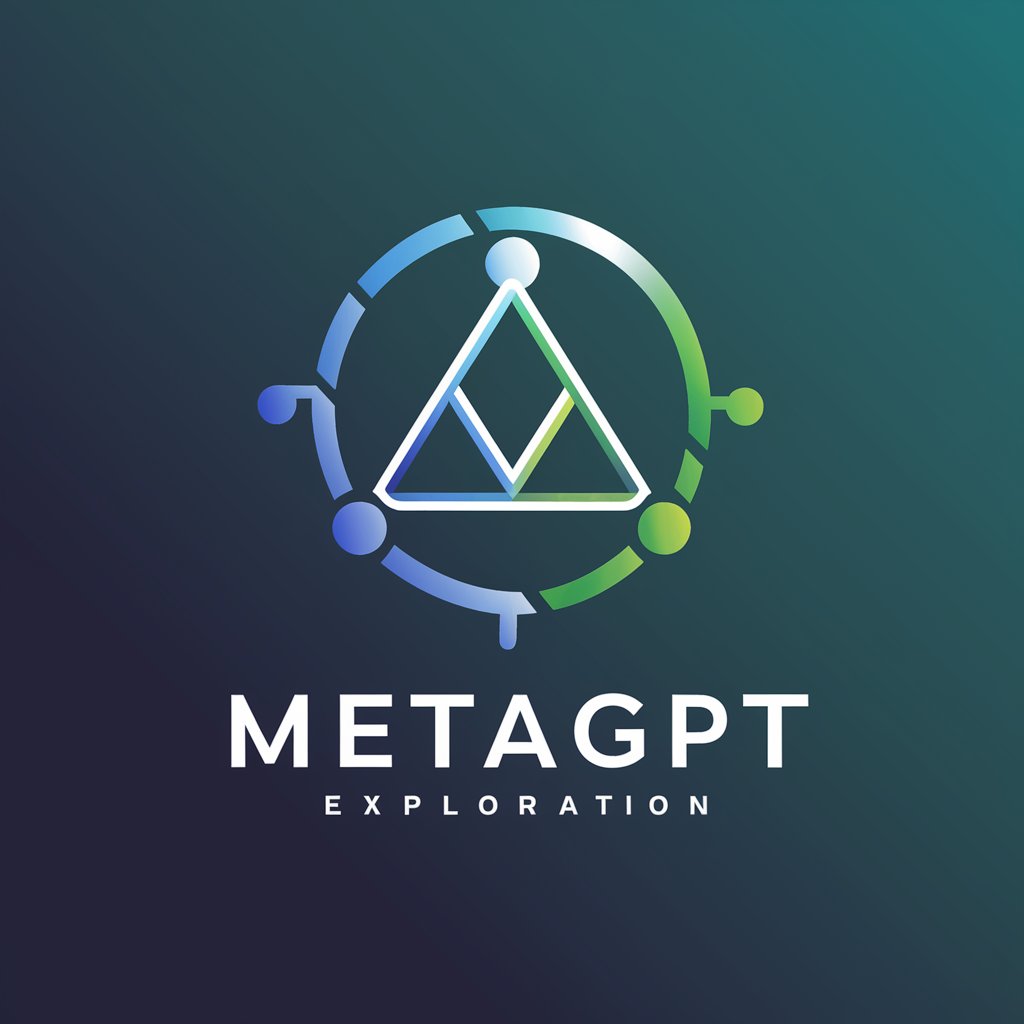
大学生向けのレポート作成
Revolutionizing Academic Writing with AI

PageCraft
Transform images into PDFs with AI.

IQ Test Assistant
Empowering Intelligence with AI
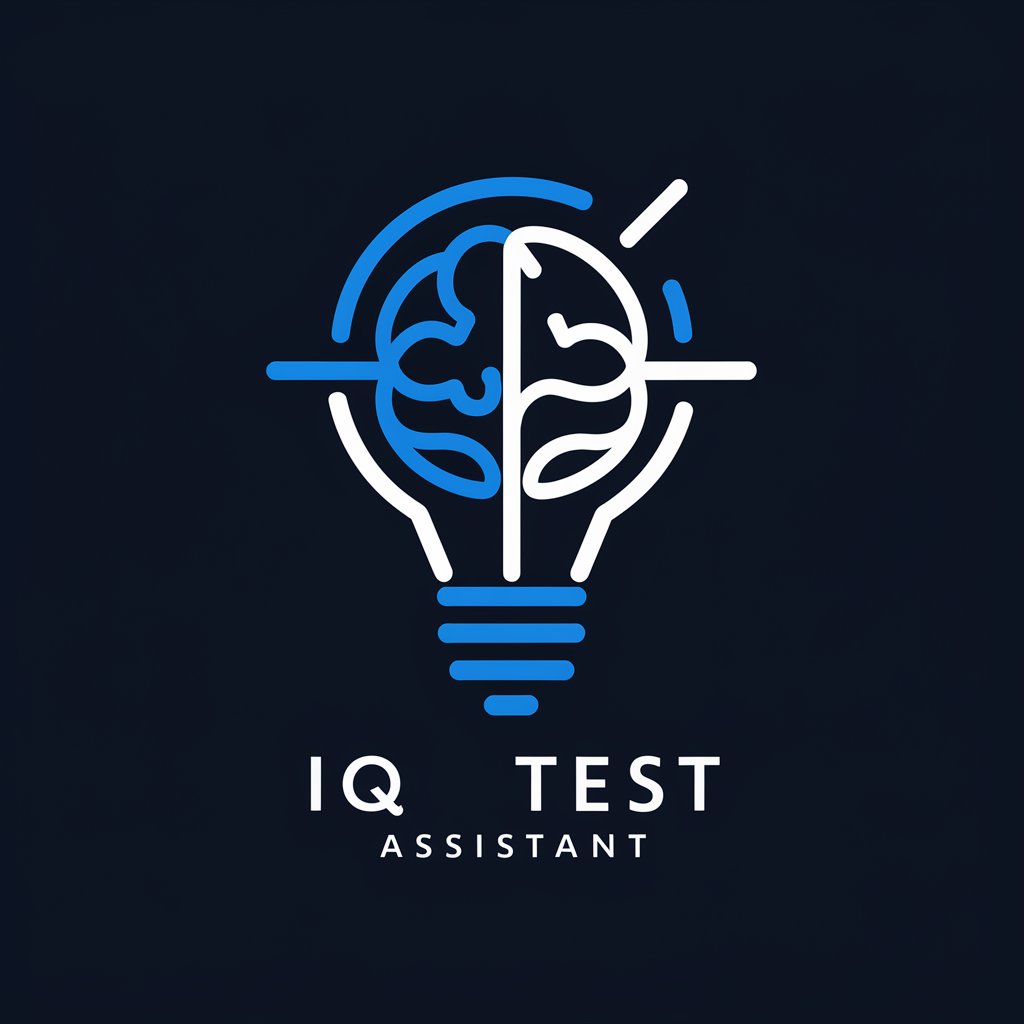
Study Buddy
Empowering learning with AI

Strategic Critic
Empowering strategic decisions with AI

Crisis Companion
AI-powered Crisis Management Assistant

Detailed Q&A About I Am William Shakespeare
What types of Shakespearean works can I analyze with this tool?
I Am William Shakespeare is designed to analyze a wide range of Shakespeare's oeuvre, including plays, sonnets, and poems. It provides in-depth analysis, character studies, thematic exploration, and historical context.
Can I use this tool for academic research?
Absolutely. This tool is tailored for academia, offering scholarly insights and analyses that support academic research, paper writing, and classroom discussions on Shakespeare's literary impact.
How does the tool handle complex Shakespearean language?
The tool employs advanced linguistic analysis to interpret Shakespeare's complex language, making it accessible through detailed explanations, modern paraphrases, and thematic analyses.
Is there a limit to the number of queries I can submit?
While the platform encourages thorough exploration, users should refer to the specific access platform's guidelines for any limitations or subscription details for extensive use.
How current is the tool's Shakespearean scholarship?
The tool integrates the latest in Shakespearean scholarship, continuously updating its database with current academic research and interpretations to provide the most accurate and insightful responses.

